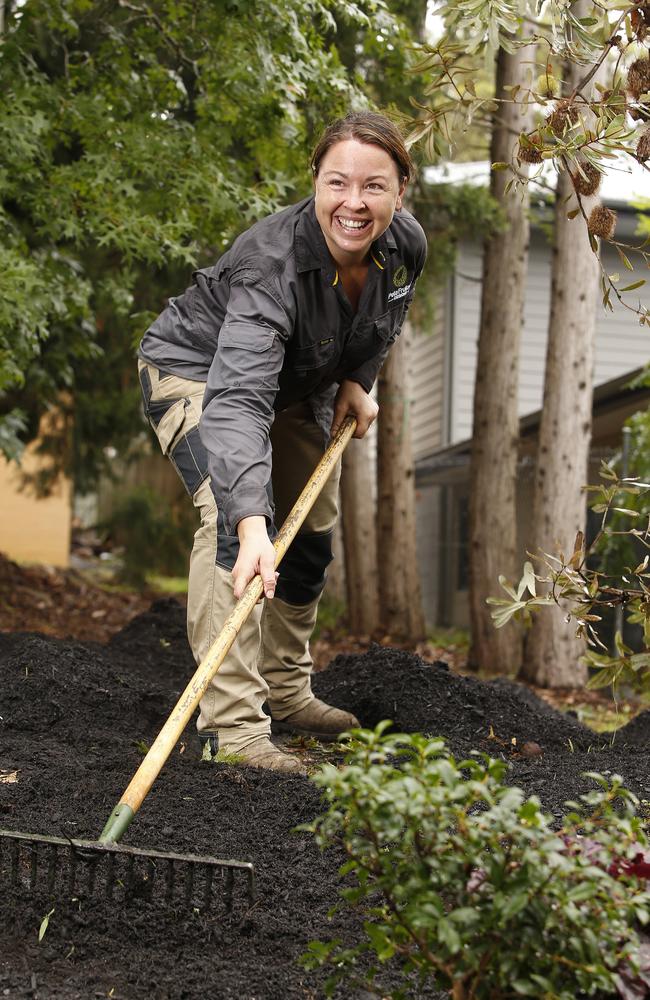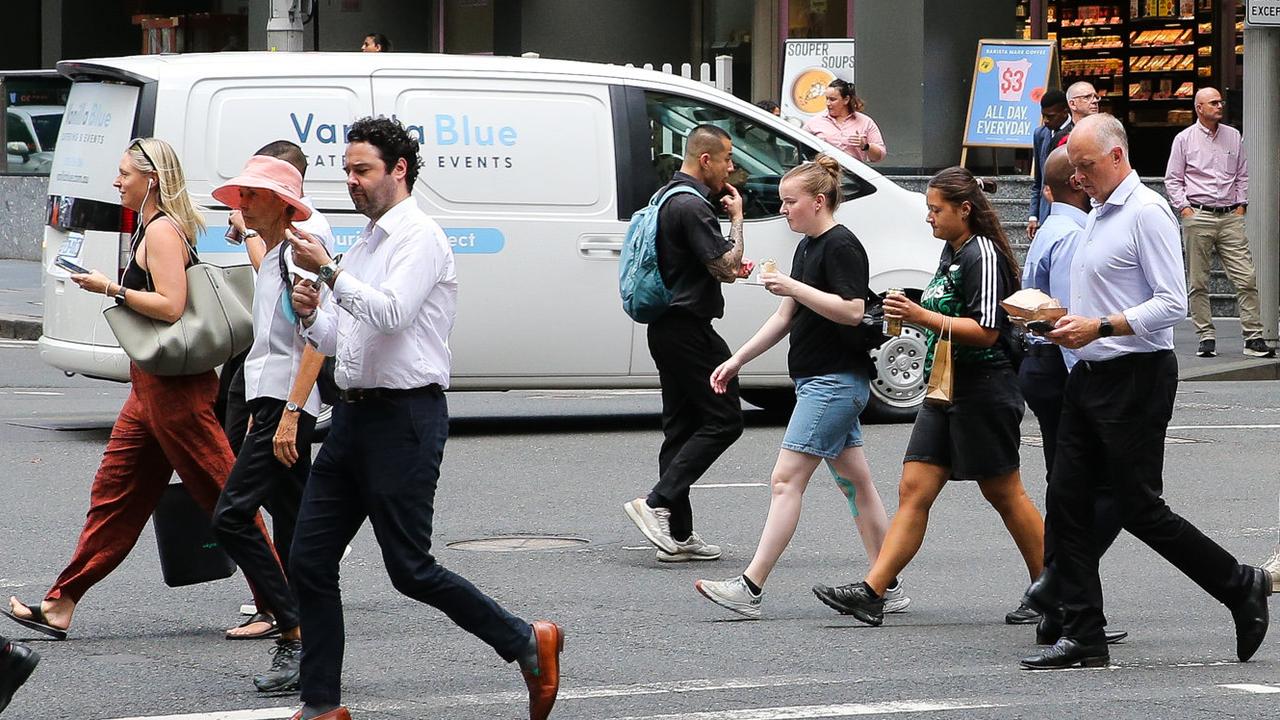Career changes are increasingly common and can improve wellbeing
MORE than half of Australian workers have made a career change, and many have made multiple, SEEK reveals.
Careers
Don't miss out on the headlines from Careers. Followed categories will be added to My News.
WORKERS considering a career change should not be afraid, they are in good company.
More than half (57 per cent) of Aussies surveyed by job site SEEK have thrown caution to the wind and pursued a new path and one in five did so in the past 12 months.
Of people who have made a career change, most (38 per cent) have made just one but more than a quarter (29 per cent) have made two and 33 per cent have made three or more.
WOO HOO: Job ads off to a good start
NO FEAR: Robots won’t replace us all

Many experts believe the frequency of career change is only likely to increase as technology rapidly changes the world of work and people live and work longer.
McCrindle Research’s Australia in 2020: A Snapshot of the Future forecasts Generation Z will have an average of six careers in their lifetime.
Often, career changes are also influenced by wellbeing factors.
SEEK’s survey reveals 74 per cent of respondents believe their job has a significant influence on their overall quality of life and 71 per cent say it also affects the emotional states of those closest to them.
This highlights the importance of people being in the right job, SEEK spokeswoman Kendra Banks says.
“Speaking with family and friends is a great way for a jobseeker to explore their strengths and
passions from a different perspective. This can be very useful for those who are planning on a career change to identify an industry and job that best suits their personality and skill set to reach their full potential,” she says.

“Speaking with loved ones can also make an individual understand if their unhappiness in their
current role is having an impact on their overall wellness and that of those around them.”
Two thirds (66 per cent) of survey respondents say they have or have had a family member who was dissatisfied with their job and 41 per cent know someone close to them who they don’t think is living up to their full potential at work.
When Peta Frullani made a career change at age 22, she knew she had to shore up her new choice before burning any bridges.
She remained in her fulltime job at a hotel while doing one day a week of work experience with a landscape design and construction company.
“After my first shift, the manager/owner offered me paid work, and soon after I accepted a fulltime position,” she says.
“Following that, we discussed a traineeship, meaning I would get paid to work and study. Naturally I accepted. I enrolled at TAFE Western Sydney to complete a Certificate II in Horticulture.”
She hasn’t stopped learning since, completing a Certificate IV in Horticulture and a Diploma of Landscape Design.

Frullani says there were challenges as a career changer.
“I was 33 years old when I began my (diploma) and had a two-year-old at home. Juggling family, work and study was difficult,” she says.
“A lot of nights I would only achieve two to three hours of sleep. There was one point I thought it was all too much and where I considered not continuing with the course, but my teacher sat me down, handed me a cup of tea and told me to tell her what the problem was. She then rearranged deadlines ... checking in with me weekly and keeping me focused.”
Now, Frullani has established her own business, Peta Frullani Designs, and is able to work from home and set her own hours.
“Designing is a very personal experience which allows you take people’s fantasies and make them a reality,” she says.
“It is a huge responsibility but it is my passion, and when you are doing what you love, it becomes less like work and more like an extension of yourself.”
We’ve joined forces with Australia’s number one employment website SEEK. When you place a job ad in the paper you get a listing on SEEK as well, from only $389. To book, visit newsjobs.com.au or call 1300 555 627.
Originally published as Career changes are increasingly common and can improve wellbeing


